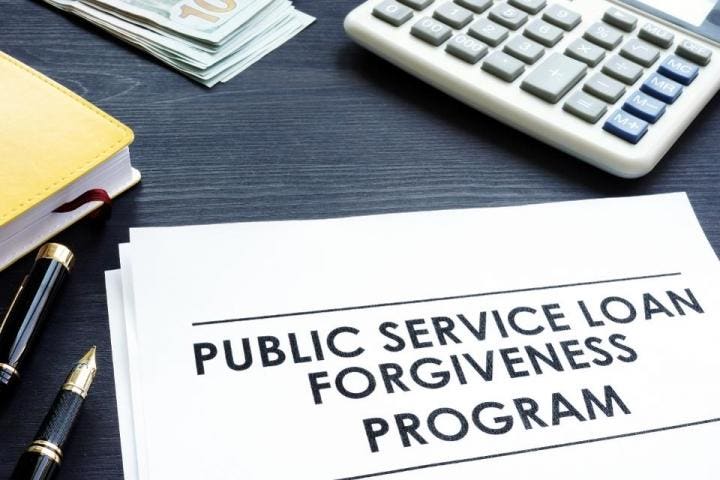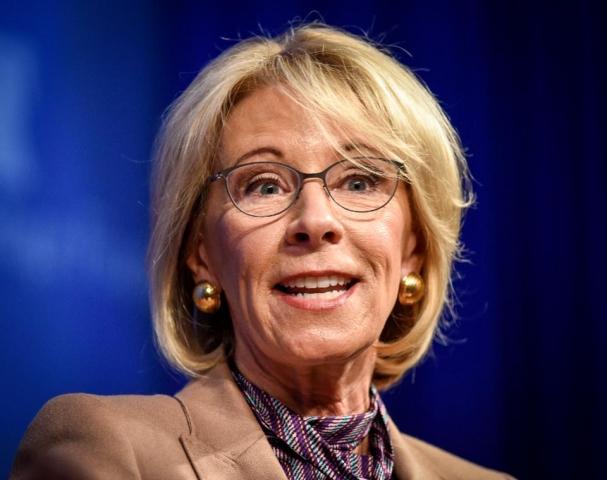- Joined
- Mar 13, 2012
- Messages
- 6,825
- Reaction score
- 8,811
It's off or you don't like it? Maybe we disagree morally. But it's possible and since we're just using anecdotes as someone in entering the situation I can't see any legit problems with this. Why isn't it working for you?
Main problem I see is taxes. That said, in med school, my tuition was $30-$35k/yr and COL was $15-$20k/yr. If someone is making $65k/yr, I can assume 15-20% is going to taxes, but that leaves you with $52k after taxes, and expenses of ~$55k. Coming out of med school with <$20k in debt would be amazing, and in all honesty, I doubt the spouse would be able to find an investment with much better return than saving 6-7% on the loan interest. Seems reasonable to me. Now say I went somewhere like CCOM, where tuition is $20-$30k/yr more and COL was more like $30-$35k/yr. I'd come out of med school with 6-figure debt.




